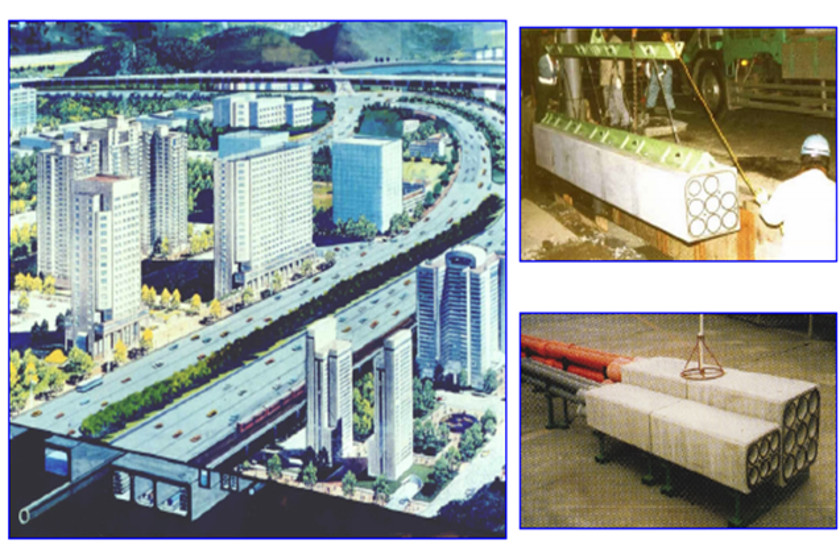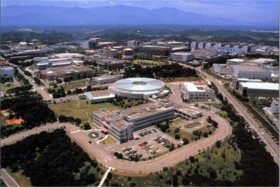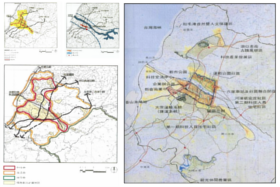TAIPEI, TAIWAN
NANGANG TRADE AND ECONOMIC PARK COMMON DUCT
- MARKETS :
- Industrial & Business Parks
- SERVICES :
- Transportation & Civil Engineering
Environmental Engineering
- SCOPE OF WORK :
- Site Investigation
Design of common duct and sewers
Design of cut and cover construction method
Movement and protection of present structures
Includes one of the top three software parks in Asia
The 87 ha Nangang Trade and Economic Park, located in East Taipei at the intersection of two MRT lines, one train line and a highway, includes the Nankang Software Park, which consistently ranks among the top three software parks in Asia. Its intelligent buildings host more than 150 companies such as Microsoft, Intel, HP or IBM and about 15 000 workers. With Hsinchu Biotechnology Park, it is one of the two largest high-tech parks of Taiwan and a major catalyst for Taiwan’s high-tech and green industries.
Scope of work
MAA was hired by the Taipei City Government to perform several infrastructure works in the Park between 1997 and 2002:
- Ground boring study & analysis
- Earthwork planning & design
- Roadway engineering design
- Drainage & sewer system design
- Construction waste management planning & design
- Common duct and other utilities
- Preparation of tender document
- Construction supervision
Of particular note is the common duct system designed by MAA. This system contains a major and minor duct. The major duct is located directly under the roadway and is 0.9 kilometers long. It contains electricity, telecommunication, oil and tap water pipes. The minor duct, situated under the two sidewalks, is 1.4 kilometers long and contains electricity, telecommunication, streetlight, traffic control and cable TV cables. The project adopted the cut and cover construction method. Work scope included:
- Site Investigation
- Reconfirmation of duct requirements
- Planning and design of common duct
- Design of cut and cover construction method
- Movement and protection of present structures
- Geological improvement
- Design of transmission, vent, surveillance and emergency guide equipments
- Traffic diversion and maintenance plan
- The industrial park project is expected to become a hallmark of Yangon mega city by 2030.
-
YANGON HTANTBIN TECHNOLOGY PARK
HTANTABIN TOWNSHIP, YANGON CITY, MYANMAR
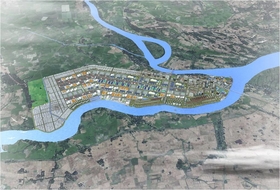
-
SHUINAN ECONOMIC AND TRADE PARK DEVELOPMENT PROJECT
TAICHUNG, TAIWAN
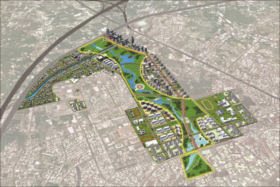
-
BEITOU SHILIN TECHNOLOGICAL PARK
TAIPEI, TAIWAN
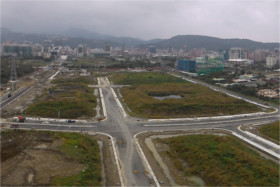
-
KAOHSIUNG ECONOMIC TRADE PARK
KAOHSIUNG, TAIWAN
